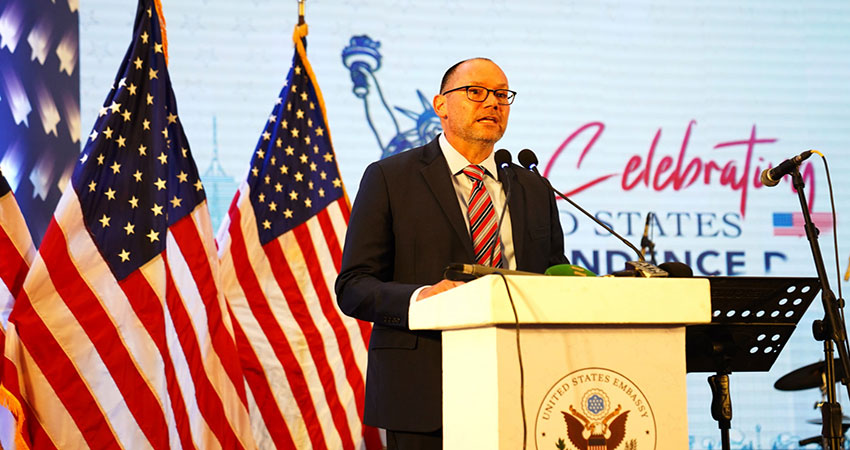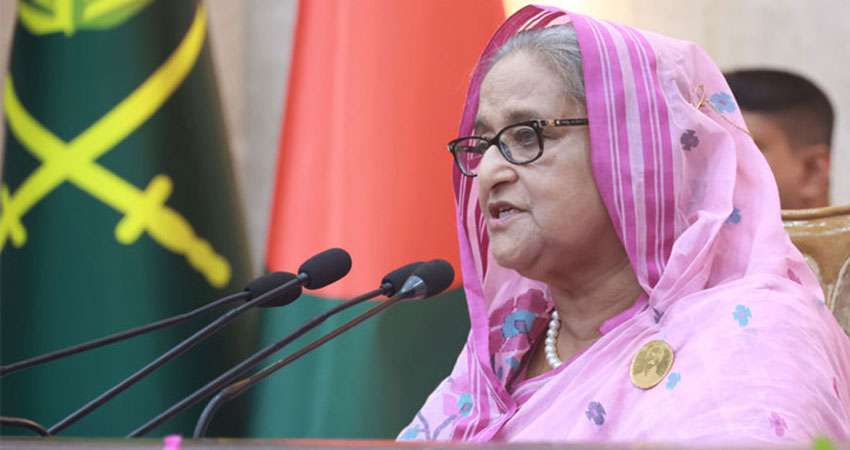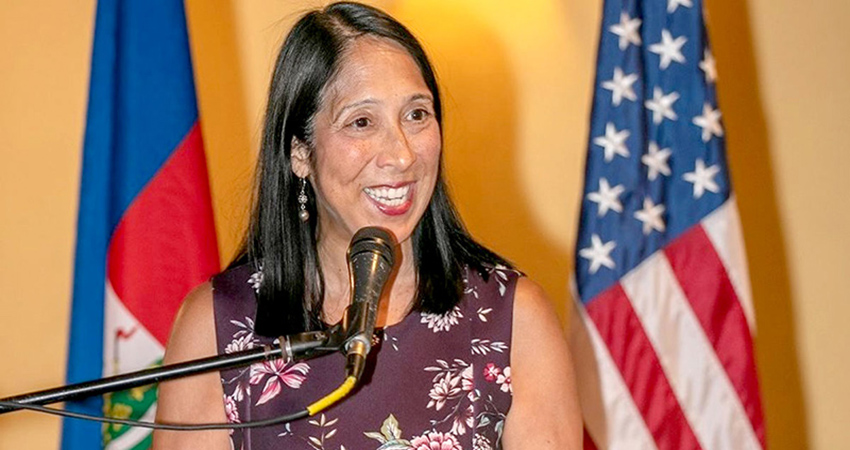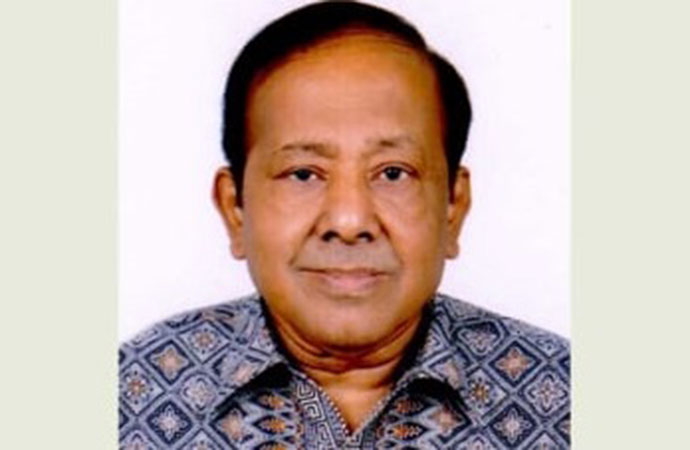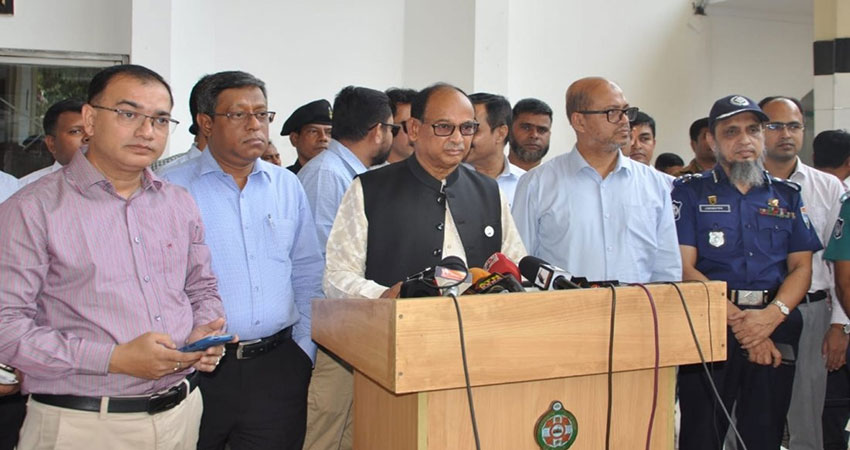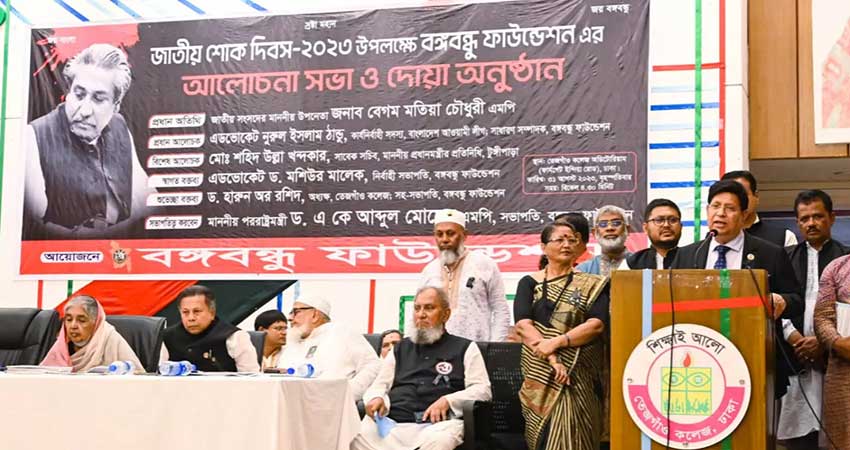The United States and Bangladesh share similar ideals that motivated the struggles for independence, said the US Ambassador to Bangladesh Peter Haas.
The preamble of the US' Declaration of Independence states: "We hold these truths to be self-evident, that all men are created equal, that they are endowed by their Creator with certain unalienable Rights, that among these are Life, Liberty, and the pursuit of Happiness. That to secure these rights, Governments are instituted among Men, deriving their just powers from the consent of the governed," said Peter Haas during the National Day Party held at the US Embassy in Dhaka on 23 July.
He said, "In the United States, our Independence Day celebrations are a combination of patriotic speeches and backyard BBQs, of military parades and fireworks, and of music that runs the gamut from the 'Star-Spangled Banner' to 'Born in the USA' to 'Bad to the Bone.'"
"Standing here now, in 2023, I note these principles of equality and democracy don't apply just to men, but also to women, and the whole diverse range of Americans, regardless of race, color, or creed," he added.
Achieving these principles is a work in progress. A struggle to live up to our founding ideals.
The United States and Bangladesh share similar ideals that motivated our struggles for independence.
Almost two centuries after 1776, Bangladesh fought the Liberation War based on four similar principles: nationalism, socialism, democracy, and secularism.
These shared principles, and the success of our nations' ability to continually "form a more perfect Union" are – and will be – the anchor of US-Bangladesh relations.
He said, "To me, the story of Bangladeshis in the United States exemplifies something important: the strength of our democracy is in our people, and the strength of our people gets full expression in our democracy.
"We believe those principles, the principles that define America, extend beyond our borders. And we also believe that those values with anchor U.S.-Bangladeshi ties, now and in the future."
US, Bangladesh share similar ideals that motivated struggles for independence: Peter Haas
